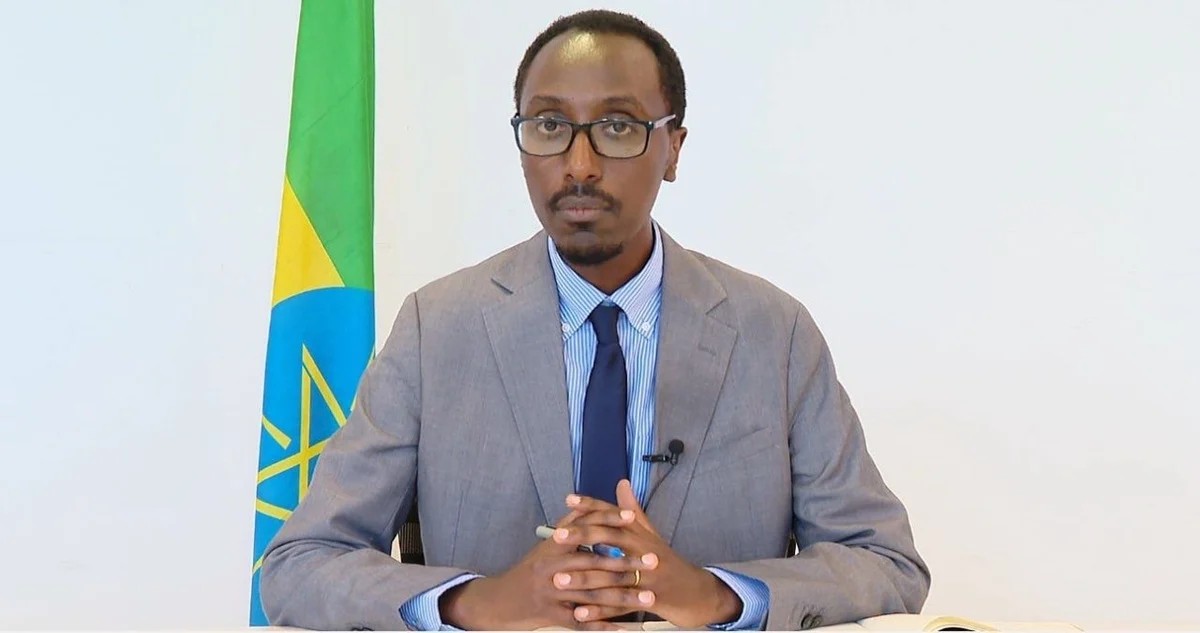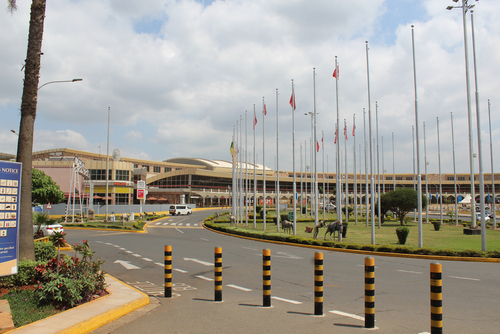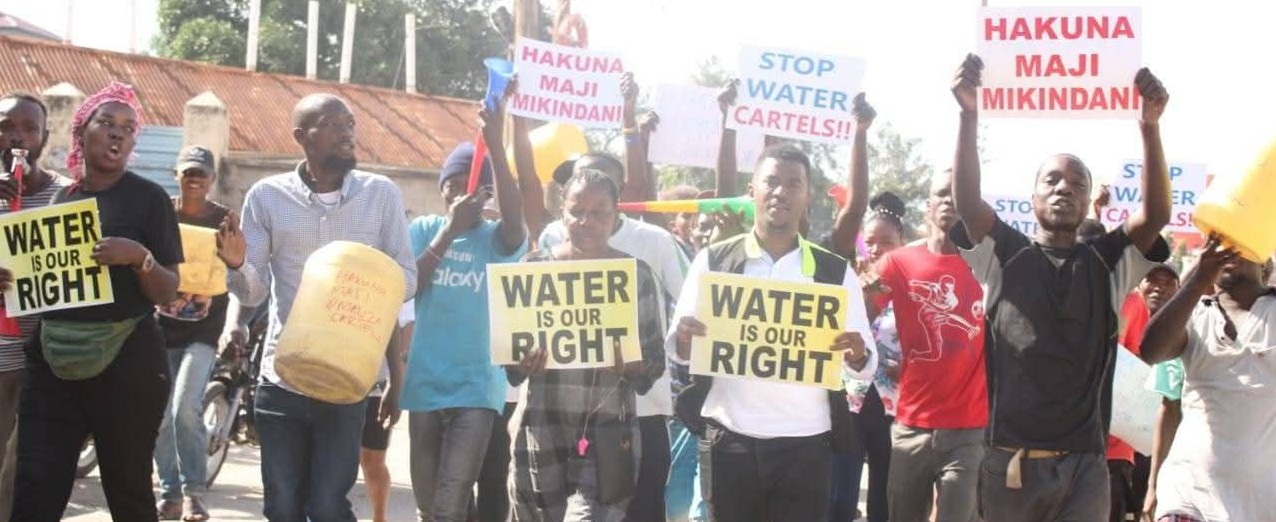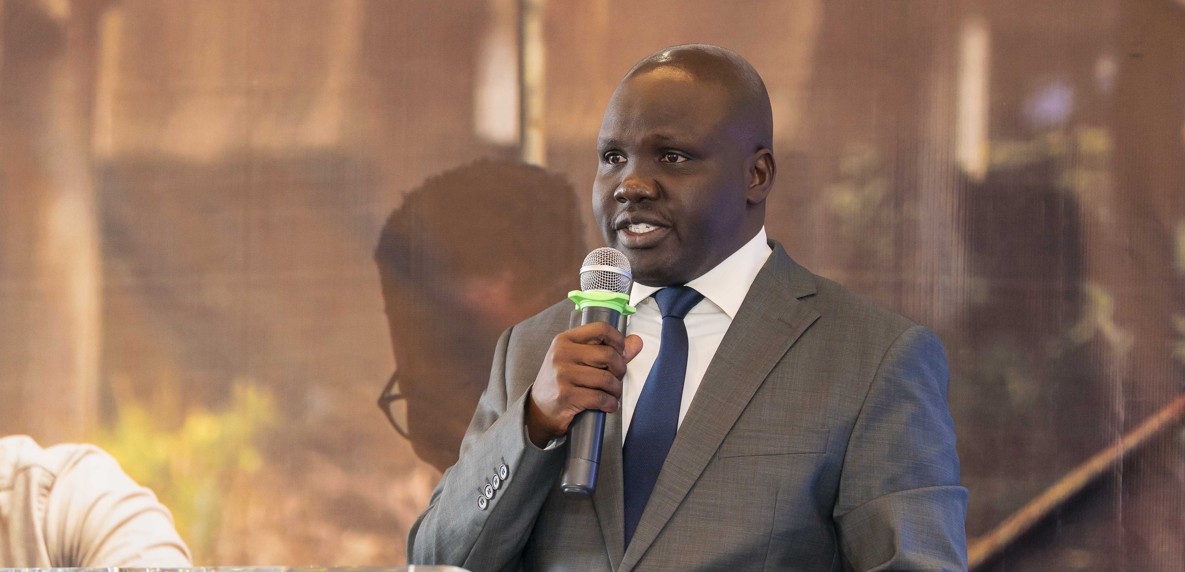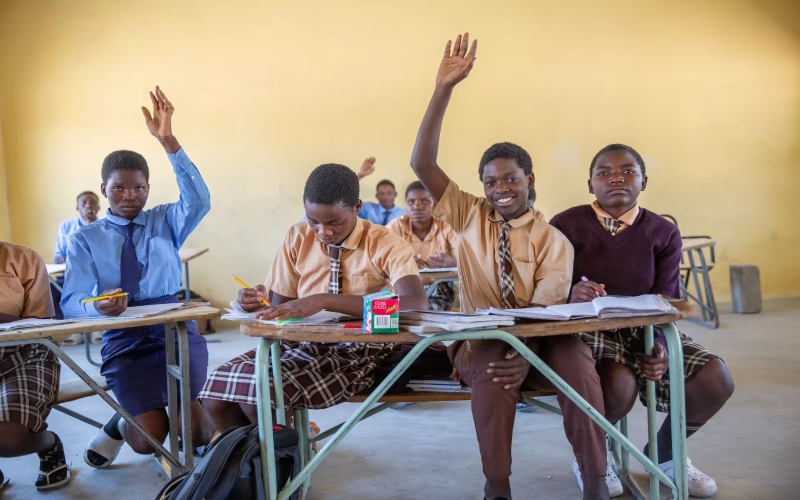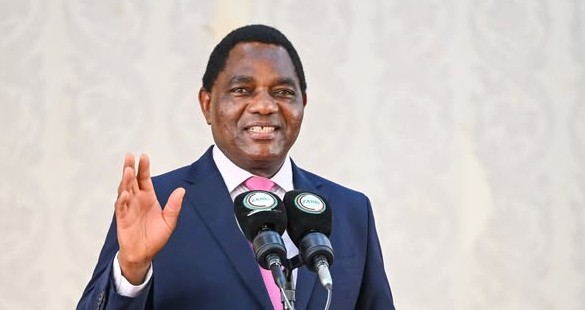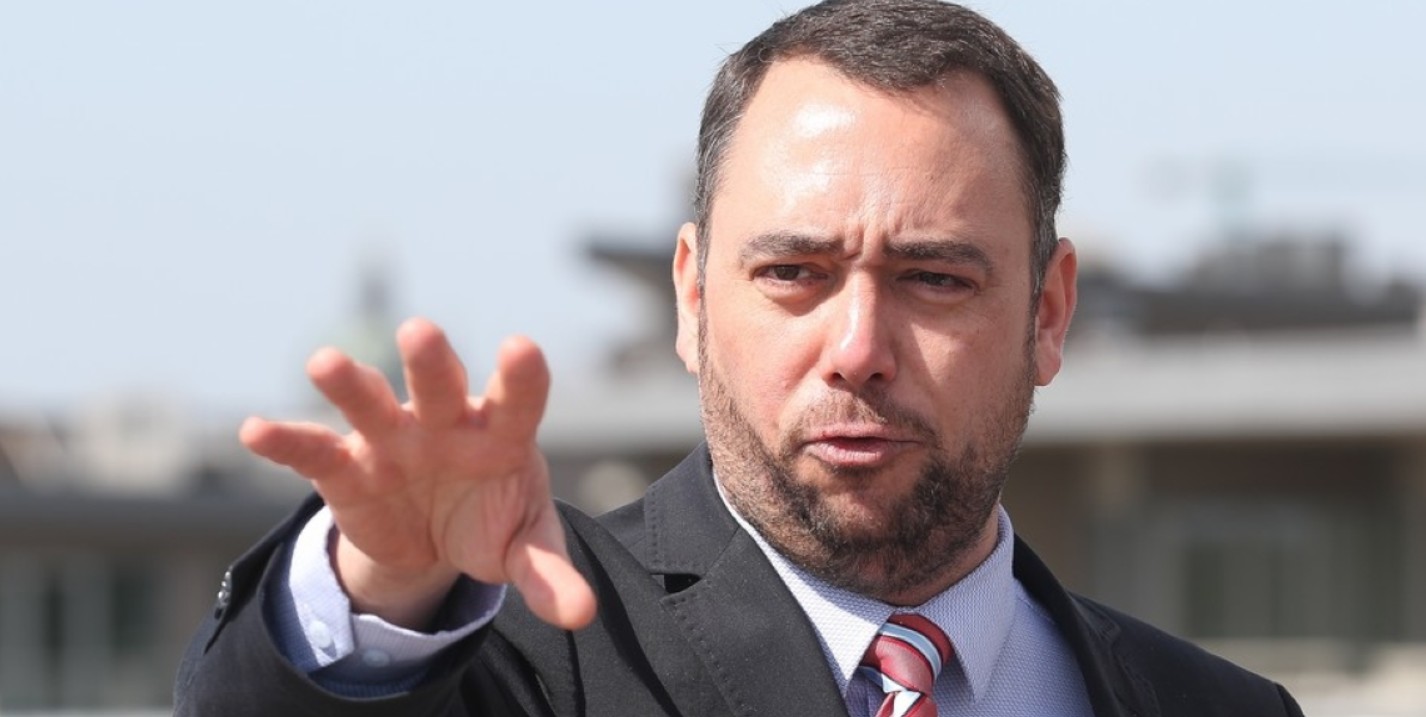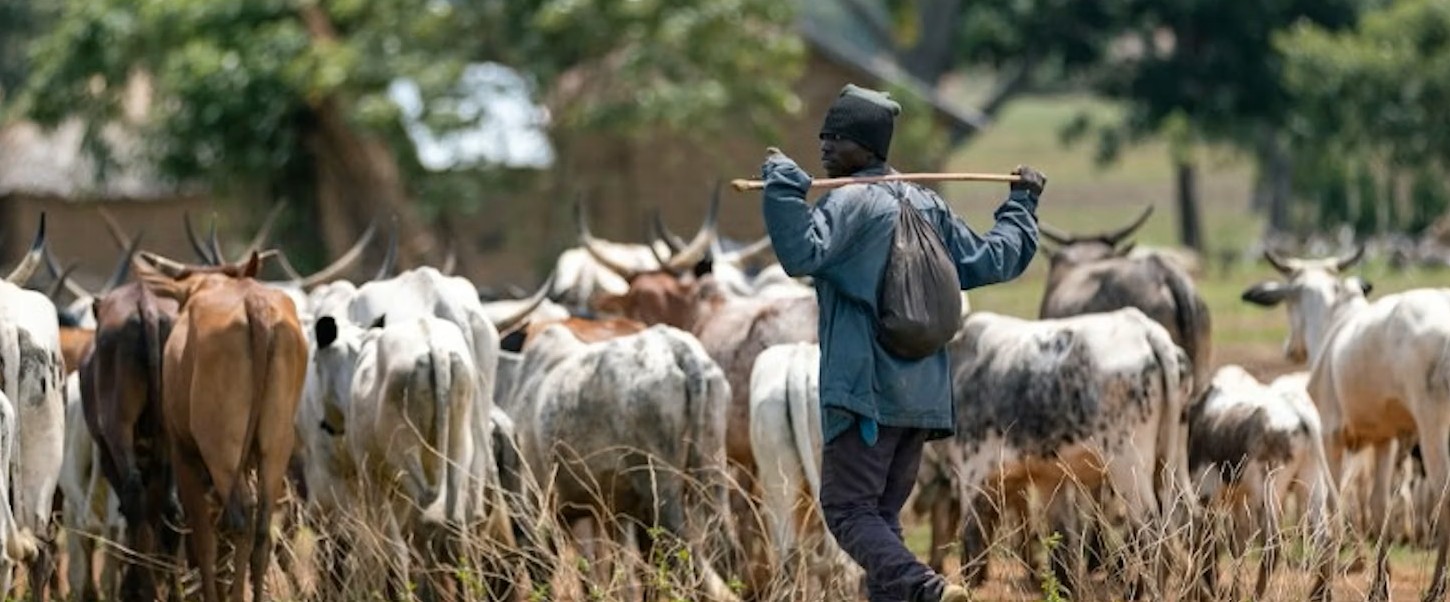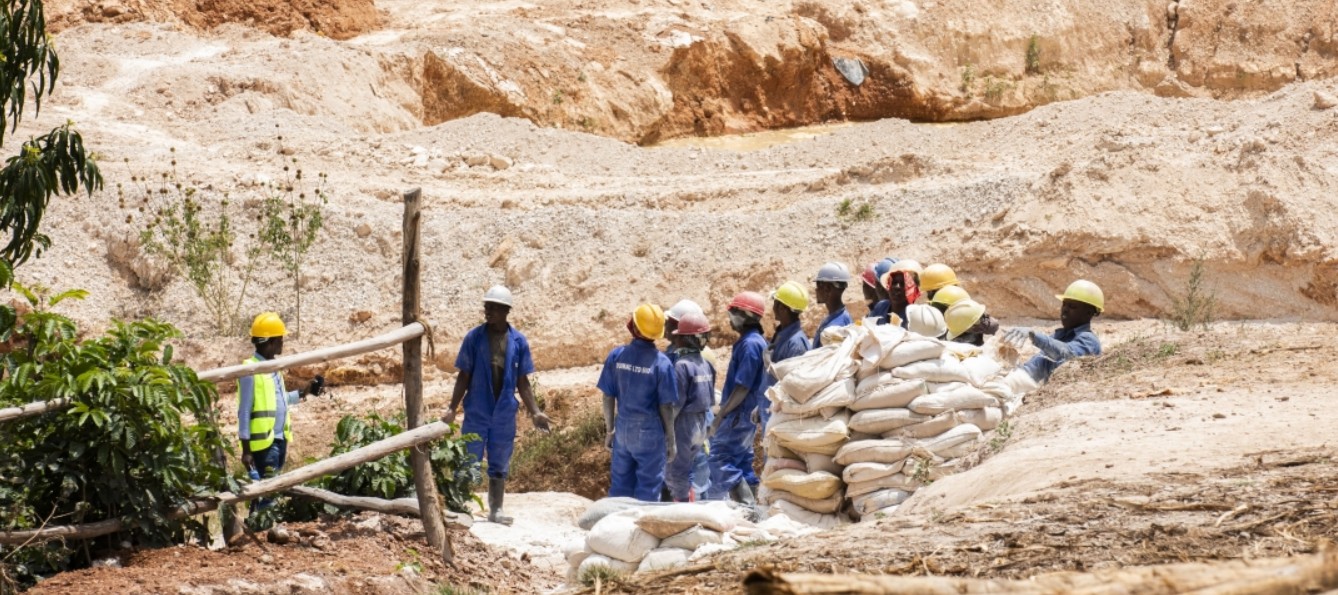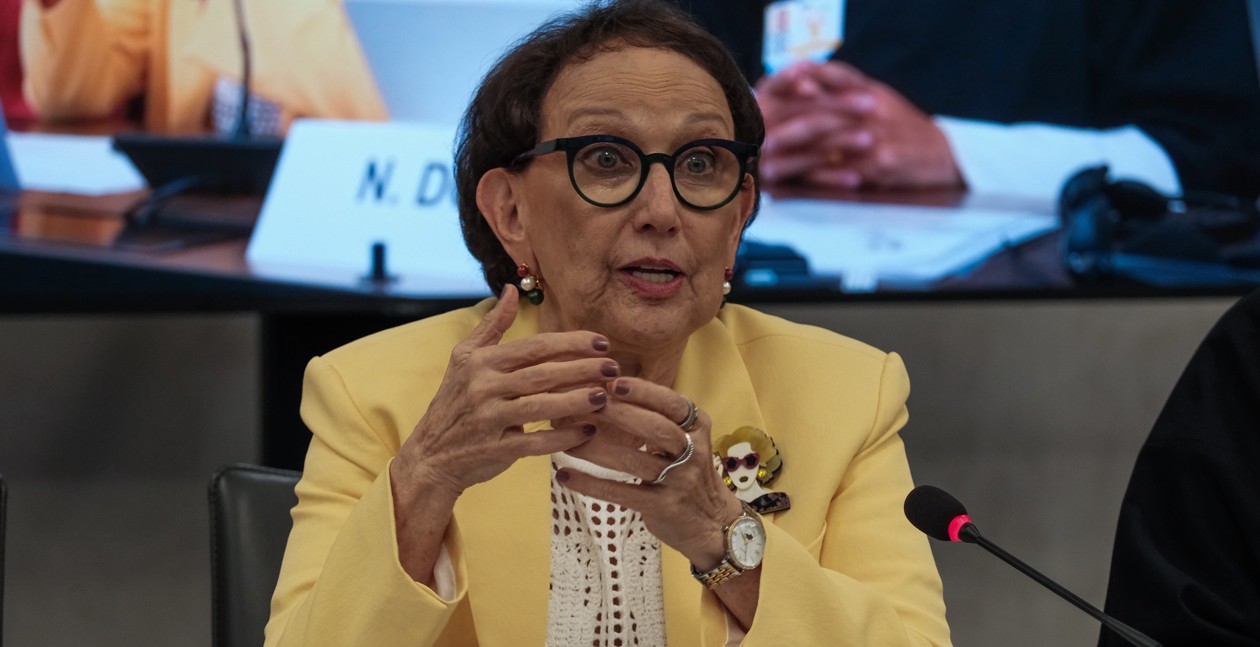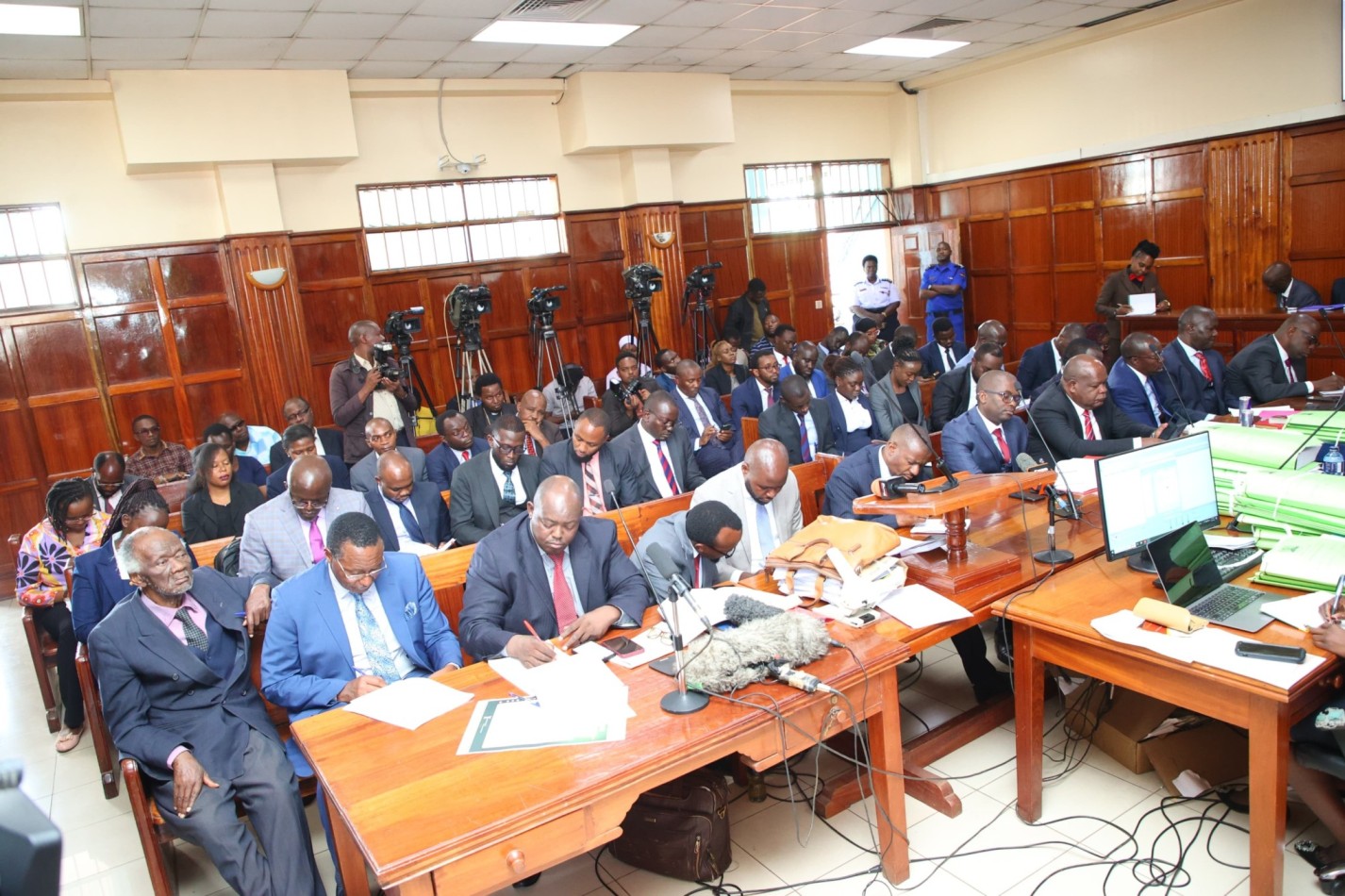IJM, Witness Protection Agency partner to fast-track admission of witnesses

The move is timely following increased brutality and violence during the ongoing anti-government protests set to resume tomorrow.
The International Justice Mission (IJM) has partnered with the Witness Protection Agency (WPA) to shorten the duration taken to admit witnesses facing threats at the agency.
The move is timely following increased brutality and violence during the ongoing anti-government protests set to resume tomorrow.
More To Read
- Kanja admits police could have done better in handling Gen Z protests, advocates for training
- Over 100 facilities accredited by SHA to provide cancer care after protests
- LSK’s Faith Odhiambo quits Ruto’s victims compensation panel over legal delays, court hurdles
- LSK faults CS Murkomen over defiance of High Court ruling on masked police officers during protests
- LSK President Faith Odhiambo vows victim-centred justice for protest and riot victims
- Families of protest victims wait as DPP examines 184 police misconduct cases
IJM said the partnership enables threatened witnesses to be admitted to the agency faster than before.
"We are happy to announce the signing of a Memorandum of Understanding (MOU) between IJM Kenya and the Witness Protection Agency (WPA). This renewed partnership is a significant step in our joint commitment to ensuring the safety of victims and witnesses as they process their cases," IJM said in a post on X.
It explained that the move is part of the organisation's unwavering dedication to collaborating with government agencies to drive sustainable reforms and ensure justice for vulnerable people.
IJM Country Director Benson Shamala noted that the renewed collaboration with WPA comes at a critical time when the country is experiencing increased cases of violence and brutality, as witnessed in the ongoing protests.
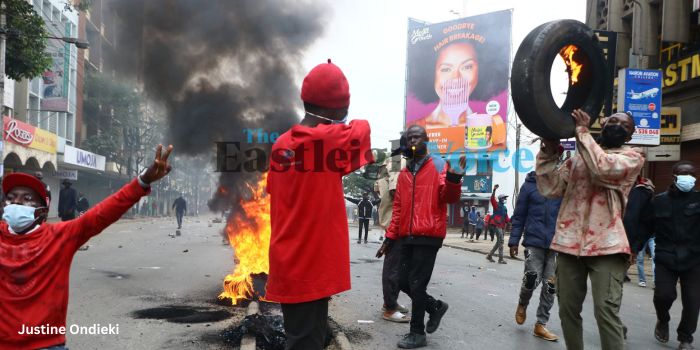 Anti-government protesters congregate near a burning tyre along Tom Mboya Street in Nairobi on Tuesday, July 16, 2024. (Photo: Justine Ondieki/EV)
Anti-government protesters congregate near a burning tyre along Tom Mboya Street in Nairobi on Tuesday, July 16, 2024. (Photo: Justine Ondieki/EV)Anti-government protesters congregate near a burning tyre along Tom Mboya Street in Nairobi on Tuesday, July 16, 2024. (Photo: Justine Ondieki/EV)
"This MOU will quicken the admission of threatened witnesses to witness protection," he said.
WPA was established in 2011 to offer protection to witnesses of heinous crimes who would be threatened for speaking out.
The extent of the threat informs whether a person should either be re-located or provided with physical and armed protection, granted camera hearings, distortion, and obscuring the identity of the witness, among a set of other security measures, according to the agency's CEO, Alice Ondieki, who spoke at an interview.
A person is admitted to the agency after making an application or through a referral by an institution.
The agency has in the past helped protect witnesses to serious crimes such as murder and terrorism.
Top Stories Today
